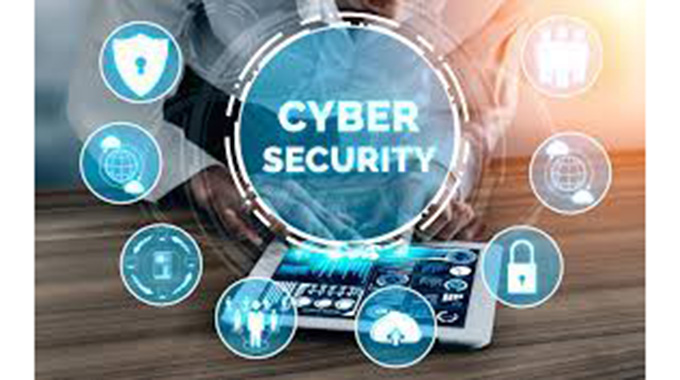Adapt to a culture of cyber security

Tom Muleya Fraud Insight
Every society has its own culture. Various societal groupings thus see life through the lenses of their own culture. If you enter an environment different from your own culture, then you need to quickly learn and adjust to the ways and values of that culture.
Failure to adapt to the new culture exposes one to serious or many challenges.
Culture comes in many forms, such as tribal culture, business culture, arts culture, Christian culture, health culture, school culture, and soccer culture amongst others. Similarly, there is something called cyber security culture or the culture of cyber security.
When properly understood, many incidences of cyber fraud may be prevented, avoided, and minimised.
When you hear about an incident of a cyber-attack or fraud, to some larger extent, it can be attributed to a person’s lack of orientation in cyber security culture.
Remember, cyber criminals capitalise on vulnerabilities or gaps left unattended by their victims.
Casualties abound each day locally and globally because people are entering an unfamiliar culture in which they have no or little idea on how to protect themselves.
We are living in the culture of technology, internet or cyber space, and therefore much knowledge is required to understand this dynamic and versatile culture.
The culture of cyber space, therefore, needs to be made and remade in individual minds.
But what is cyber security culture? It relates to values, beliefs, and attitudes that drive behaviours that minimise the human errors that jeopardize cyber security.
It is a robust safety culture where everyone knows and is constantly reminded of the ways to stay safe and decrease the chances of getting injured on cyber space.
At the heart of a culture of cyber security is getting everyone to execute their day-to-day activities on ways that keep individual or organisations as secure as possible.
A culture of cyber security is needed at different levels e.g. national, corporate and individual level respectively, but individual action is mostly encouraged to make the internet safe.
In order to stay safe in the culture of cyber security, consider the following suggested steps;
- When transacting on cyber space or doing an online transaction always follow safety procedures of a culture of cyber security. The virtual space is highly infested with cyber threats and attackers such as cyber criminals.
- Always be cyber security conscious or alert. This will help you prevent acts of cyber-attacks such as card cloning, hacking, identity theft, phishing scams, email spoofing, malware, ransomware etc.
- Develop a cultural mindset to follow cyber hygiene best practices.
- Teach yourself and learn about cyber fraud and various cyber related crimes that exist in the hostile cyber landscape. Remember information is power.
- Never engage in negligent behaviour or conduct that exposes you to cyber criminals.









Comments